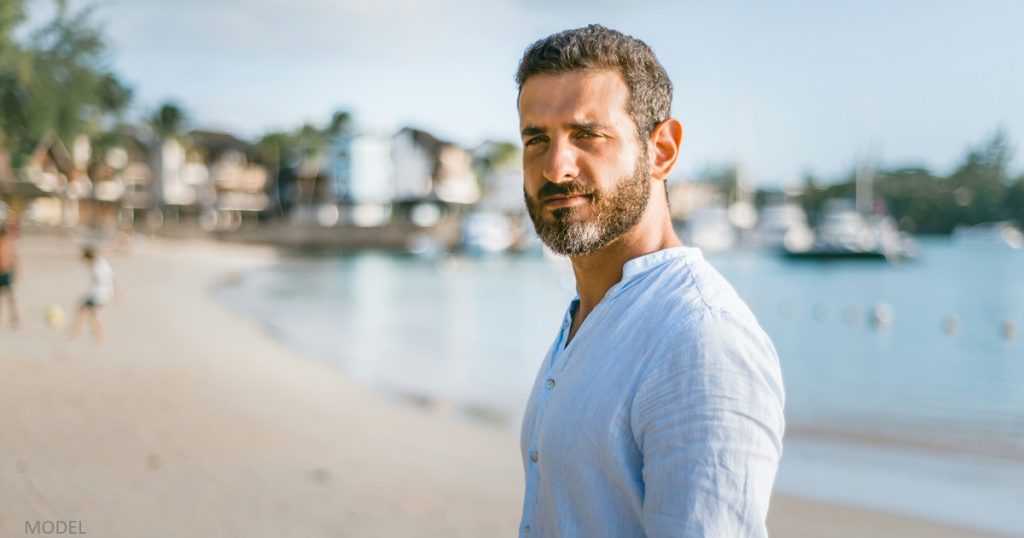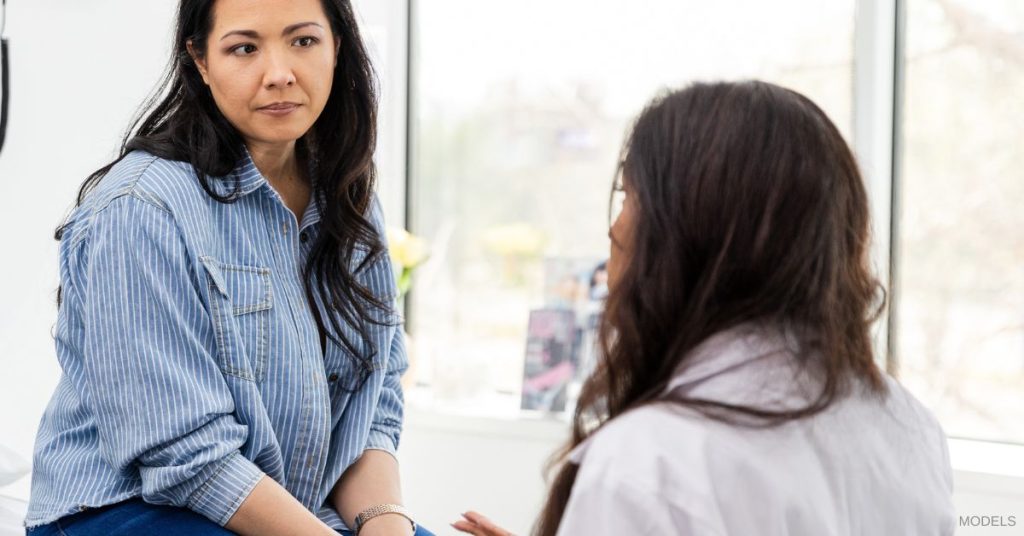Dr. Richardson and Dr. Memsic are two of the top breast surgeons in Los Angeles, using innovative techniques to create excellent clinical and aesthetic outcomes.
Schedule a Visit
Bedford Breast Center
436 N Bedford Dr, Ste 308
Beverly Hills, CA 90210
Phone: (310) 278-8590
Monday – Friday: 9 a.m.– 5 p.m.
Breast Cancer FAQ
Breast cancer is a challenging, emotionally charged topic. Bedford Breast Center is here to help guide you and answer your questions thoughtfully and clearly.
Below is a list of the questions we often hear from our patients and their families at our breast cancer center in Beverly Hills. If your question isn’t answered here, please call us to speak to us directly or set up a consultation.
What Should I Do if I Find a Lump in My Breast?
Finding a lump in your breast is alarming. It can be reassuring to remember that most breast lumps are benign. Many causes are associated with lumps or masses in the breast, ranging from simple fluid-filled cysts to other forms of non-cancerous breast disease.
What Should I Do if I Have an Irregular Mammogram?
Learning that you have an irregular mammogram can be very stressful. Most abnormal mammograms prove NOT to be cancer. About 50 percent of breast cancers are found on physical examination—either by the patient herself or during a clinical breast exam by her physician.
Can a Breast Biopsy Spread Cancer Cells?
No studies have shown that taking a breast tumor sample causes breast cancer to spread. In fact, our standard way of evaluating for abnormalities and sampling them so that we can know if an area is cancerous before operating on it has been wildly successful, causing breast cancer deaths to fall 25% in the last 15 years.
What Should I Do if I Have a Positive Biopsy?
If you have a positive result from your biopsy, you will need to know some specific details about the findings to understand your treatment options. First, ask your doctor if a further biopsy is necessary or if the results are conclusive.
Is It Harmful To Have a Clip Placed in My Breast After My Biopsy?
What if I refuse to have the clip? It is always your right to refuse any procedure or any portion of a procedure that you think is unsafe or not right for you. However, if your doctor recommends it, you owe it to yourself to find out the reasoning behind the recommendation. You should ask questions and make sure that you have a clear understanding of your concerns.
Whether or not clip placement during a biopsy is necessary is a very common question. If the area being sampled is very subtle or hard to see, or if the sample may remove all or nearly all of the site and be difficult to find in the future, then clip placement is preferred in case the area is proven dangerous. Clip markers are commonly made of different types of inert substances that do not typically cause any local tissue reaction, set off any monitors at airports, or affect any future medical testing. They are considered safe and are very commonly used.
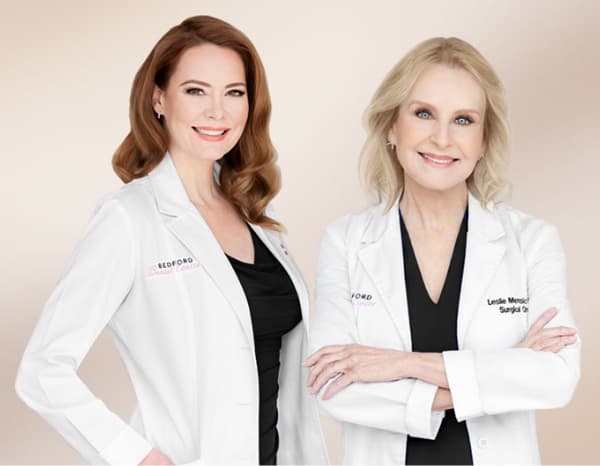
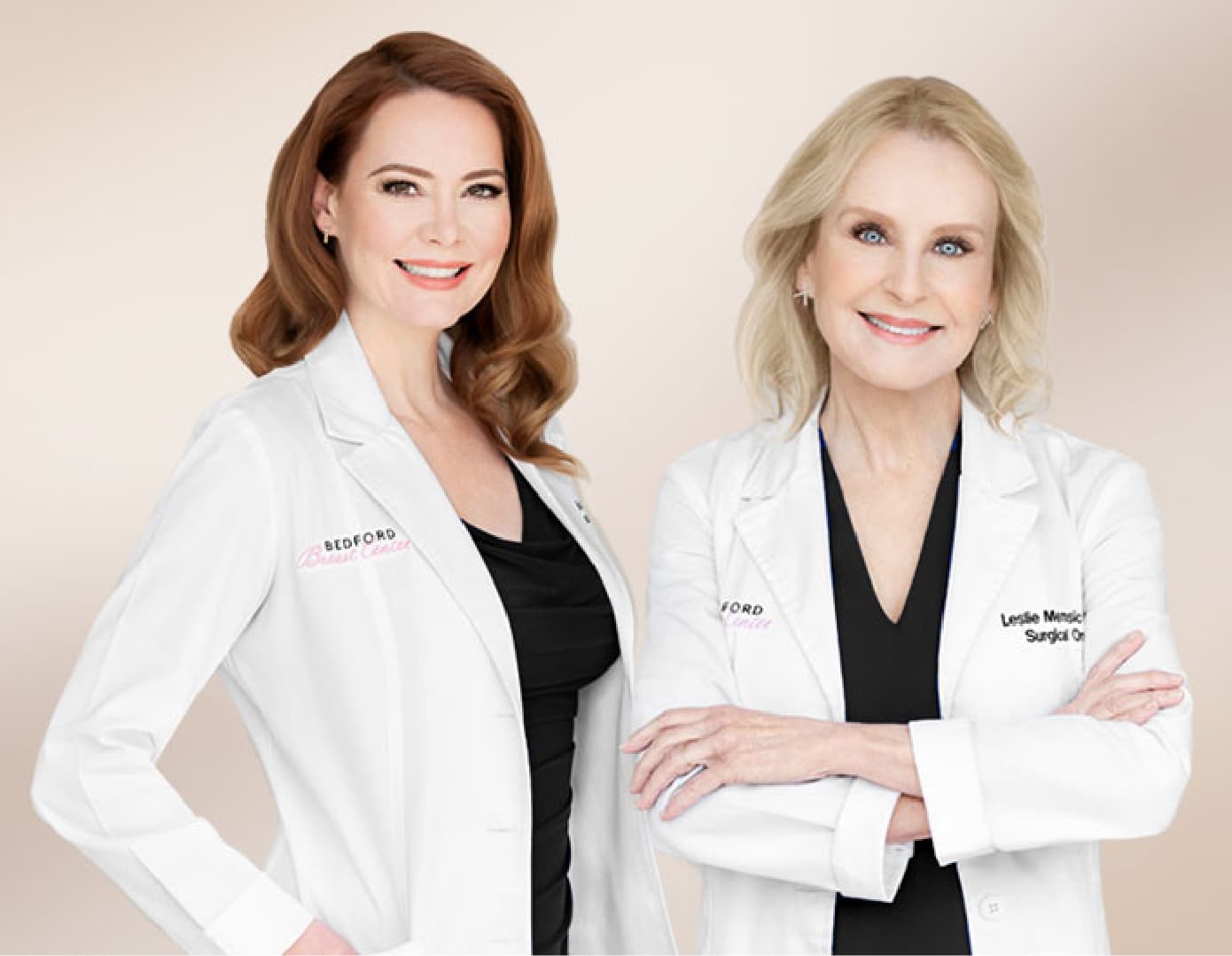
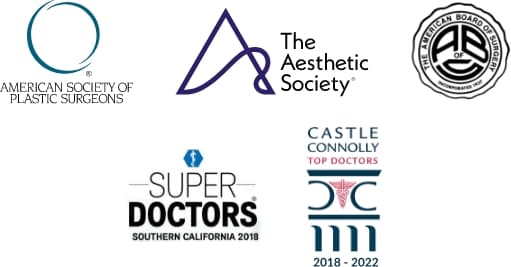

What Should I Do if I Test Positive for the BRCA Gene?
Testing positive for mutations of the BRCA1 or BRCA2 gene does not indicate that you have cancer or guarantee that you will develop cancer in the future. What it does mean is that you have an increased risk of developing breast, ovarian, and other cancers in the future.
What Should I Do if I Have Severe Breast Pain?
Breast pain is common in women, especially those with dense or cystic breasts. Breast pain is rarely a sign of cancer.
Can a Cyst Turn Into Cancer?
Everyone has heard a story about someone who was told they had a breast cyst and was relieved, only to hear later they have a breast cancer diagnosis.
This brings up a couple of important questions. How much time passed between the cyst and the cancer diagnosis? And what method was used to be sure it was a cyst in the first place? A cyst is a fluid collection in the tissue that typically produces milk. Since fluid shifts come and go, a cyst’s size, number, and location can vary significantly over time.
Cysts don’t turn into cancer, but there are a few reasons patients might think this has happened:
- An area is thought to be a cyst but actually isn’t
- A cyst has come and gone in a breast
- Cancer forms later in a nearby location after the cyst is gone
Can a Fibroadenoma Turn Into Cancer?
A fibroadenoma is to breast tissue as a flesh-colored mole is to skin. It is a healthy breast element that has grown into a disorganized lump. It wasn’t there at birth; it slowly grew over time and eventually reached a certain size and stopped growing—all the while not causing any harm to the surrounding tissue. It doesn’t need to be there, but it’s not dangerous.
In the same sense that a flesh-colored mole doesn’t “turn into” skin cancer, fibroadenomas don’t turn into breast cancer. But, just like skin moles, if something isn’t right about how they grow or look, they are removed to make sure abnormal cells aren’t present within them. In very rare cases, fibroadenomas can begin to grow abnormally and are called phyllodes tumors. These aren’t like typical breast cancers and are usually treated with removal alone.
Does Having Dense Breasts Increase Breast Cancer Risk?
Studies suggest that people with dense breast tissue have a higher risk of breast cancer. It’s essential to discuss all of your individual risk factors (family history, age, ethnicity, etc.) with your healthcare provider to develop a personalized breast health plan. This may include additional screening methods such as breast ultrasound or magnetic resonance imaging (MRI) to ensure early detection and appropriate management based on your unique situation. Regular breast self-exams and clinical breast exams are also important components of breast health regardless of breast density.
If I Lose Weight, Will My Breast Tissue Become Less Dense?
Density is a factor in how much milk-producing tissue is present, which is typically more tough than fatty tissue. If you lose weight, the ratio of milk-producing tissue to fatty tissue usually increases, so losing weight may technically increase your breast density. Not to worry! We have many ways to make sure dense breasts are safe and can tailor an approach to your needs.
Our world-class facility in Beverly Hills serves patients from throughout Los Angeles, Southern California, and nationwide. To learn more, call us at (310) 278-8590 or contact us using the online form to schedule an appointment.

